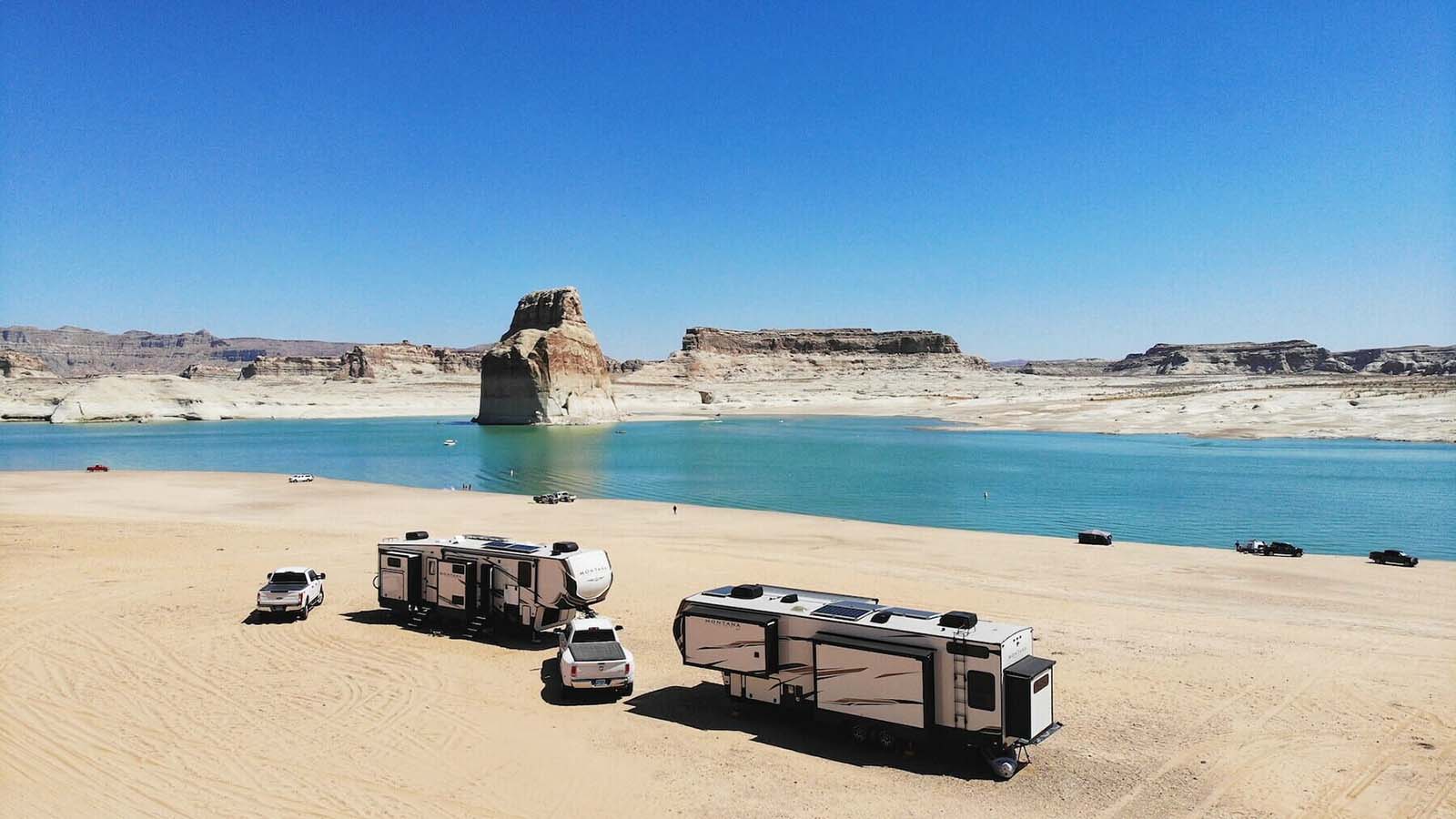Title: Winter RV Battery Care: To Remove or Not to Remove?

Introduction: As the cold winter months approach, RV owners often find themselves grappling with the decision of whether to remove their RV batteries for winter storage. In this article, we will weigh the pros and cons of removing your RV batteries and provide you with helpful tips to ensure their longevity during the colder season.
H2: Why Removing RV Batteries for Winter Storage is Beneficial 1. Extended Battery Life: By removing your RV batteries during winter, you reduce the risk of them being exposed to extremely low temperatures, which can lead to diminished performance and shortened lifespan. 2. Prevented Damage: Removing your RV batteries eliminates the risk of freezing, which can cause irreversible damage to the battery cells and render them useless once spring arrives. 3. Safety Measures: Detaching the batteries prevents electrical discharge or drain while in storage, reducing the likelihood of electrocution or fire hazards.
H2: Reasons Against Removing RV Batteries for Winter Storage 1. Continuous Maintenance: Leaving the batteries in your RV allows for ease of access and monitoring, making it convenient to regularly maintain and charge them during the winter season. 2. Battery Drain Prevention: Modern RVs often have power-consuming devices, such as security systems or refrigerators, that require a stable power source. Keeping the batteries connected ensures their proper functioning. 3. Weight Distribution: RVs are designed to distribute weight evenly, and removing the batteries can disrupt this balance. Leaving them in can help maintain stability during winter storage.

H2: Tips for Winter RV Battery Care H3: 1. Clean and Inspect Your Batteries Before storing your RV for the winter, make sure to clean the batteries with a solution of baking soda and water. Inspect for any signs of damage or corrosion. Replace or repair as necessary.
H3: 2. Charge and Disconnect Fully charge your RV batteries before storage and then disconnect them to prevent unwanted drain or discharge. This will ensure they are ready to go when spring arrives.
H3: 3. Store Batteries in a Cool, Dry Place Find a suitable location to store your disconnected RV batteries, preferably in a cool and dry area. Extreme temperatures can damage the batteries, so avoid locations subjected to excessive heat or cold.

H3: 4. Battery Maintenance Check your batteries periodically throughout the winter. Recharge if necessary, following the manufacturer’s instructions. This helps prevent deep discharging and preserves their performance.
H3: 5. Consider Battery Maintainers or Trickle Chargers To maintain an optimal charge during winter storage, consider using battery maintainers or trickle chargers. They provide a slow, steady charge, keeping your batteries topped up without the risk of overcharging.
Conclusion: While the decision to remove or keep your RV batteries for winter storage ultimately depends on your circumstances, understanding the benefits and drawbacks can help you make an informed choice. By following these tips and precautions, you can ensure the longevity and performance of your RV batteries, allowing for seamless adventures when warmer weather returns.

